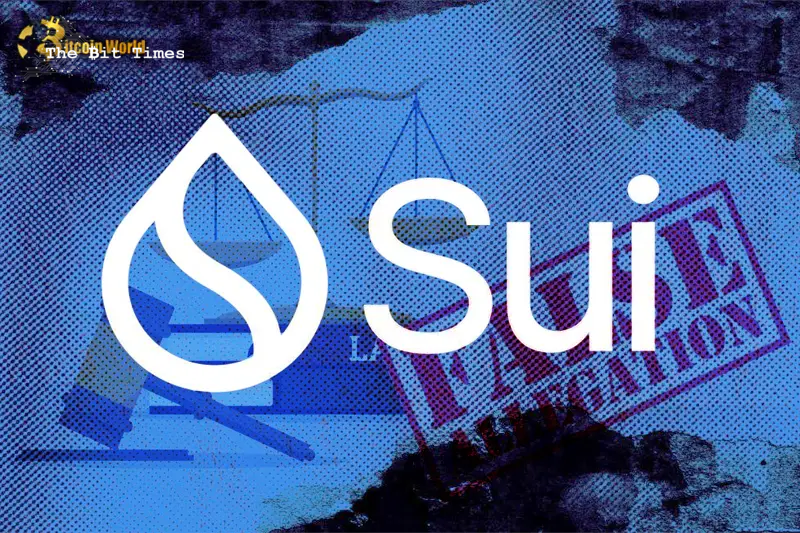Sui token battles to recover even after “unfounded” accusations are refuted.

In the realm of crafting textual content, three pivotal elements demand attention: “perplexity,” “burstiness,” and “predictability.” Perplexity serves as the yardstick for gauging textual intricacy. In parallel, burstiness scrutinizes the spectrum of sentence variations. Lastly, predictability assesses the likelihood of accurately predicting the subsequent sentence. Human composition tends to exhibit heightened burstiness, featuring a blend of extended, intricate sentences interspersed with concise ones. On the contrary, AI-generated sentences lean towards uniformity. Consequently, for the forthcoming content creation, the objective is to infuse it with a substantial degree of perplexity and burstiness while minimizing predictability. Additionally, the stipulation is to articulate the content exclusively in English. Now, let’s reimagine the provided text:
Amidst allegations of manipulating the supply, the value of the SUI token nosedived following regulatory scrutiny from South Korean officials.
Struggling to recover ground, Sui’s indigenous SUI token witnessed a sharp decline exceeding 9%, entangled in accusations from South Korean regulators. These authorities pointed fingers at the Sui Foundation, alleging manipulation of the token’s supply for personal gain. In the past 24 hours, the SUI token managed a meager recovery of less than 1%, oscillating from $0.41 on Oct. 16 to new lows of $0.37 on Oct. 18. Data sourced from CoinGecko reveals a 7% downturn within a mere two days.
On Oct. 18, via X (formerly Twitter), the Sui Foundation, the driving force behind the layer-1 blockchain Sui, vehemently refuted the accusations of supply manipulation, terming them as “unfounded and materially false.”
Addressing the day’s reported inaccuracies, the Sui Foundation declared, “The unfounded and materially false statements surrounding the supply of SUI tokens need to be addressed. There has never been any sale of SUI tokens by the Foundation after the initial Community Access Program (CAP) distributions. Period.” It emphasized the accuracy of the circulating supply schedule displayed on the Sui Foundation’s public website and accessible through public API endpoints.
The resolute response from the Sui Foundation was prompted by reports from South Korean news outlets TechM and Block Media, indicating an investigation initiated by regulators into the Sui Foundation.
As per these reports, the South Korean Financial Supervisory Service (FSS) announced an impending investigation into the Sui token’s distribution following allegations made by Representative Min Byeong-deok, a lawmaker from the Democratic Party of Korea. Min asserted that the Sui Foundation had enriched itself by staking coins meant for the non-circulating supply.
Highlighting a staggering 67% decline in the five months since listing, Min accused the Sui Foundation of self-interest through staking and selling the locked-up amount to boost circulation. Furthermore, Min contended that the foundation’s misinformation about the circulating amount was a leading cause of the Sui token’s sharp decline.
These allegations unfold against the backdrop of intensified efforts by South Korean lawmakers to enhance crypto regulation, spurred by the collapse of Do Kwon’s Terra Money ecosystem in May 2022. Consequently, the FSS anticipates unveiling a comprehensive crypto legislation set as early as January 2023.
Cointelegraph reached out to the Sui Foundation for additional commentary but received no immediate response
The post Sui token battles to recover even after “unfounded” accusations are refuted. appeared first on BitcoinWorld.
Comments
Post a Comment